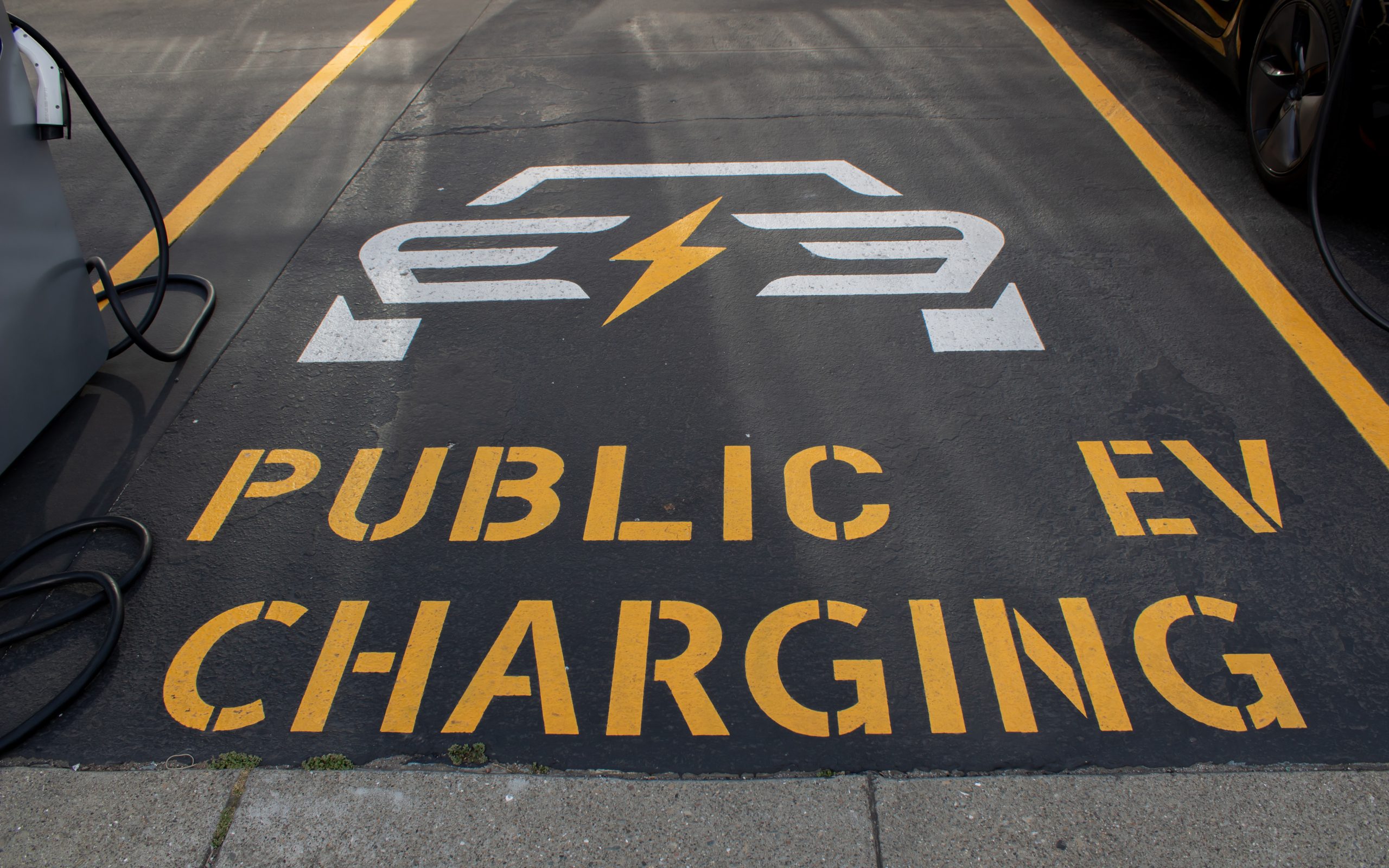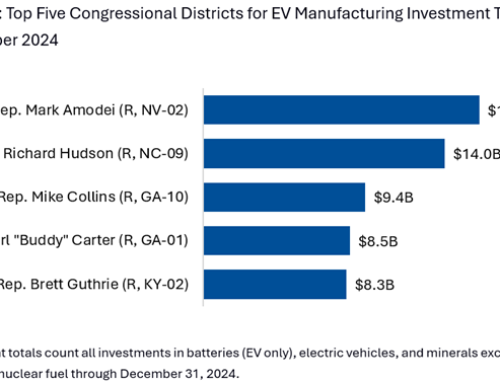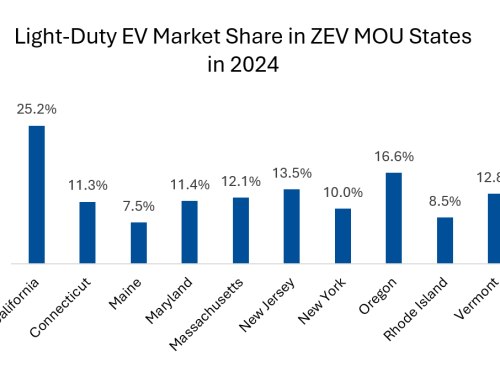
Image Source: Shutterstock
Over the past few months, in partnership with the National Association of State Energy Officials (NASEO) and the American Association of State Highway and Transportation Officials (AASHTO), we published the first three in a series of case studies on Round One of the National Electric Vehicle Infrastructure (NEVI) program in Alaska, Ohio, and Pennsylvania. The case studies give an overview of each state’s NEVI solicitation design and stakeholder engagement process. They outline the scoring rubric and application evaluation methods, discuss the variety and quality of applicants, and highlight the program’s successes and challenges.
Read the takeaways for each state below.
Alaska
The Alaska case study details the state’s experience in soliciting and awarding EV charging sites along the alternative fuel corridor from Anchorage to Fairbanks (AK-3). As an early participant in the NEVI program, Alaska released its NEVI Request for Applications (RFA) on March 1, 2023, led by the Alaska Energy Authority (AEA) and the Alaska Department of Transportation & Public Facilities (DOT&PF). On September 25, 2023, they announced funding awards for nine proposed projects from four entities across nine priority locations, totaling $8 million, with $6.4 million in NEVI funds and $1.6 million in cost share. Despite low EV adoption and the state’s rural nature, bids were received for 13 of 14 priority areas, covering both urban and rural geographies without additional subsidies. Evaluation prioritized proposal pricing, understanding Alaska-specific challenges, and applicant qualifications. Notably, Alaska’s priority sites were largely covered during this first round of funding, potentially making subsequent rounds smoother. Future funding rounds, AEA plans to streamline the submission process by having applicants submit site-specific proposal packages as a single PDF.
Ohio
On July 13, 2023, the Ohio Department of Transportation (ODOT) announced awards for projects across 27 of the 30 corridor groups. 23 of those awards, totaling approximately $16.5 million, are moving forward to implementation. In October 2023, construction began on its first NEVI site and by December 13, 2023, Ohio opened the first operational NEVI-funded charger in the nation. To support awardees, ODOT handled the National Environmental Policy Act (NEPA) process for all sites, significantly reducing potential delays. The agency will continue to support the NEPA process for future funding rounds. The state prioritized cost, awarding the maximum points to the lowest-cost proposals within corridor groups. Proposals highlighting a positive driver experience and exceeding NEVI standards with amenities like restaurants, 24/7 bathrooms, canopies, and pull-through parking (to accommodate larger vehicles such as cars towing campers) scored higher. Applicant experience and qualifications were also key evaluation metrics.
Pennsylvania
On August 14, 2023, Pennsylvania issued 54 awards across 84 corridor groups, followed by an additional seven awards in September. Due to issues with agreements between site hosts and electric vehicle service providers, five of the 61 awards are no longer proceeding, leaving 56 awards to 19 unique applicants, totaling $35.9 million in state NEVI funding. The first NEVI-funded site in Pennsylvania opened on December 21, 2023. PennDOT’s bid assessment prioritized cost, experience, and site location, with cost and site location being the highest scored elements. They preferred applicants with a proven track record in public charging management and a commitment to local workforce engagement. To ensure equitable distribution, an award cap system was implemented, limiting site hosts and direct applicants to a maximum of 25 percent of total Round 1 funding.
These case studies remain an ongoing effort, with analysis of more states who have issued awards coming soon.
Dive deeper into the case studies here.

